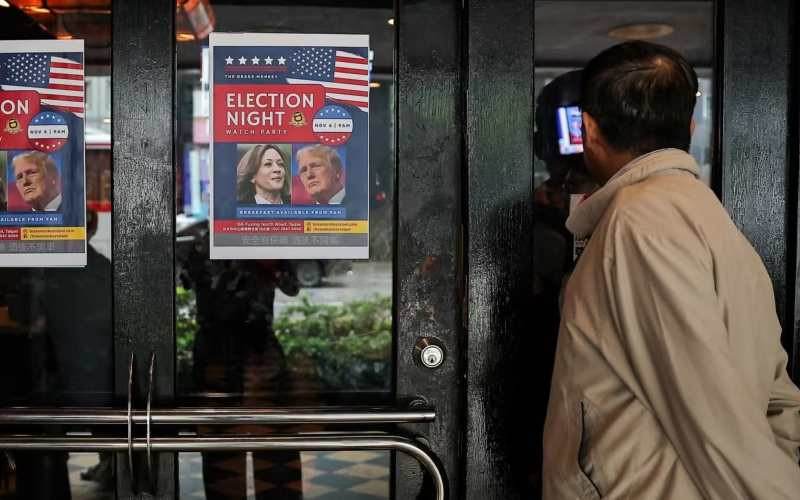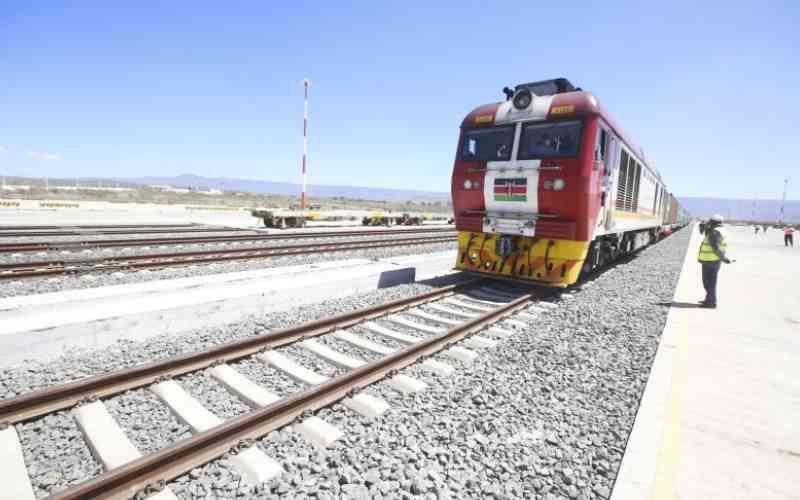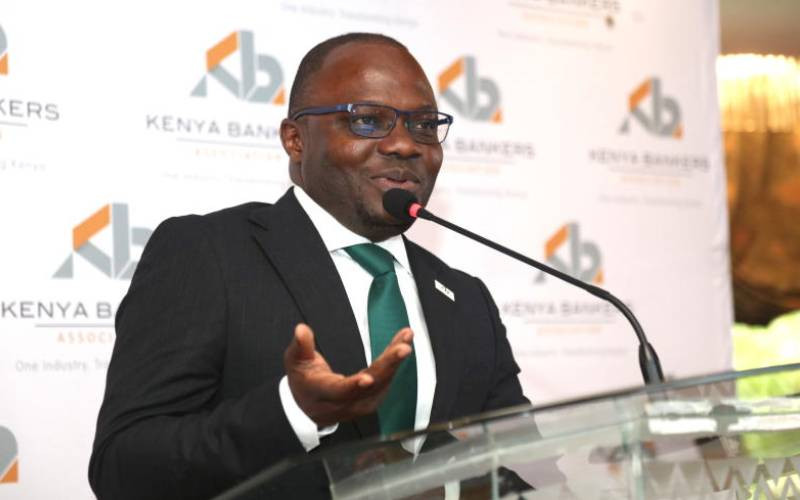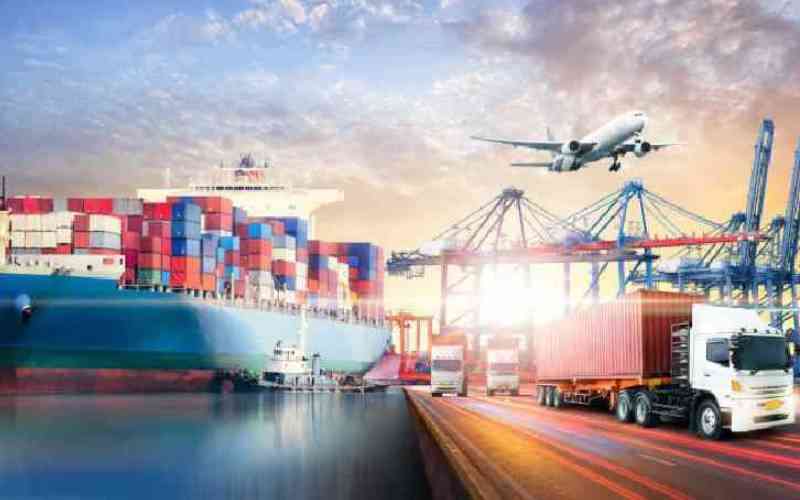×
The Standard e-Paper
Smart Minds Choose Us

Leaders from China and Taiwan have congratulated Donald Trump's national election victory, despite growing uncertainty about how his second presidential term might impact dynamics across the Taiwan Strait.
Chinese President Xi Jinping urged China and the United States to find the right way to get along in the new era, to benefit ''both countries and the wider world."







